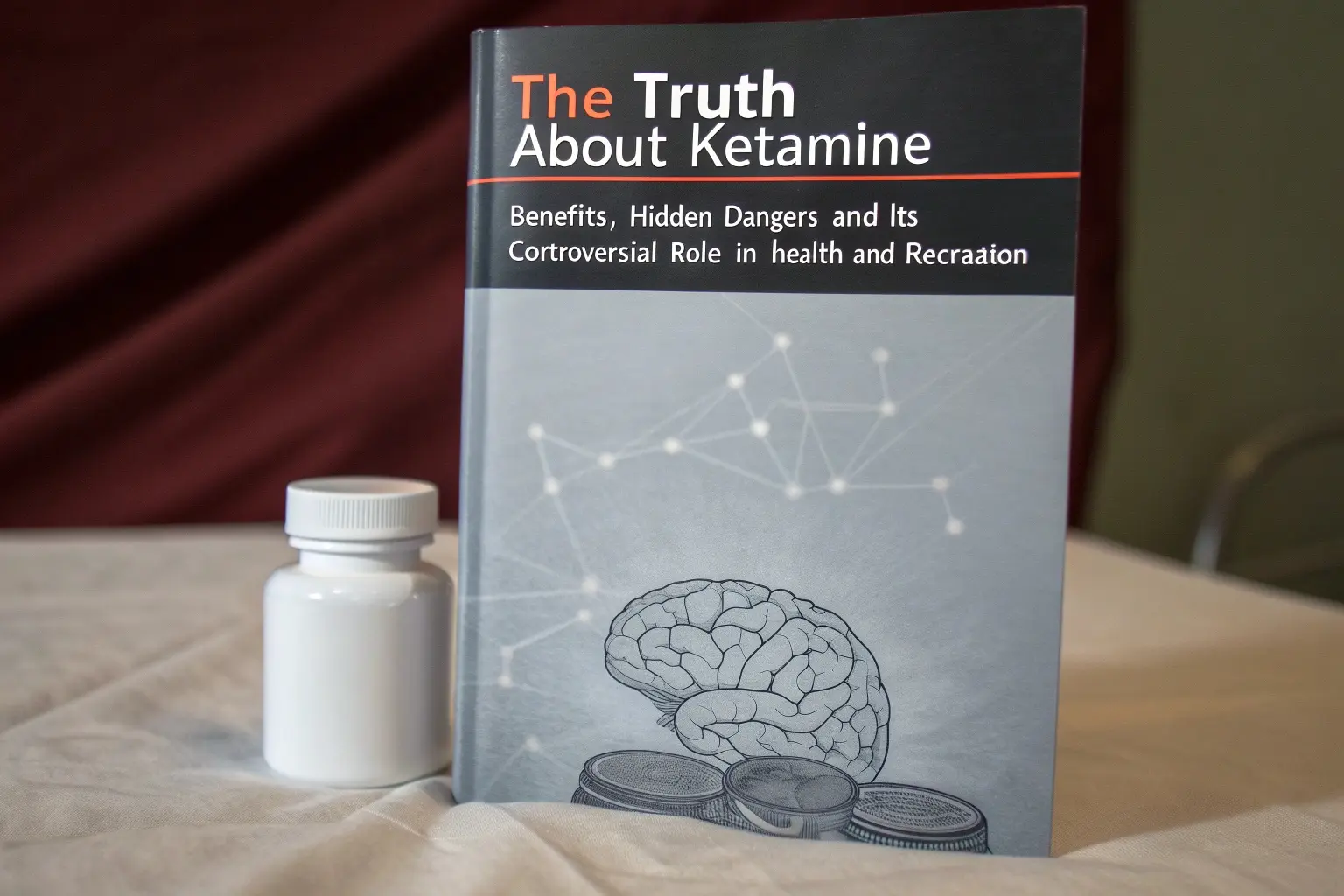What Skipping the Floss Could Be Doing to Your Whole Body
We’ve all done it — lied to our dentist about flossing. But ignoring that thin piece of string could be doing more than just setting you up for cavities. Flossing

We’ve all done it — lied to our dentist about flossing. But ignoring that thin piece of string could be doing more than just setting you up for cavities. Flossing isn’t just about keeping your smile bright. It’s a simple, often overlooked habit that’s directly tied to heart health, brain function, inflammation, and even longevity.
As someone who didn’t take flossing seriously until I started digging into the research, I can tell you: it’s not optional anymore. Here are the flossing benefits more than most of us realize — and what happens when we don’t do it.
Why Flossing Is So Important
Your toothbrush can only clean about 60% of your tooth surfaces. The remaining 40% — mostly between teeth and below the gumline — is where food particles, plaque, and bacteria love to hide.
Flossing:
- Removes plaque between teeth that brushing can’t reach
- Reduces gum inflammation (gingivitis)
- Prevents periodontal (gum) disease, which can lead to tooth loss
- Helps prevent bad breath
But here’s what truly changed my perspective: the link between oral bacteria and systemic disease.
Healthy Mouth Healthy Body: Flossing and Overall Health
Heart Disease
Numerous studies show that people with gum disease have a significantly higher risk of heart disease and stroke. Why? Because oral bacteria can enter the bloodstream and contribute to inflammation and plaque buildup in the arteries.
- People with periodontal disease are 2–3 times more likely to have a heart attack or other cardiovascular event.
- A 2023 meta-analysis published in The Journal of the American Heart Association found a strong associationbetween periodontitis and increased coronary artery calcium scores.
Cognitive Decline
Gum disease has also been linked to Alzheimer’s disease and dementia. A 2019 study from UCSF found that chronic inflammation from gum disease may increase the risk of cognitive decline in older adults.
Diabetes and Inflammation
Gum disease makes it harder to manage blood sugar levels, and diabetes, in turn, worsens gum health. It’s a vicious cycle. Flossing daily helps break that cycle by reducing systemic inflammation markers like C-reactive protein (CRP).
Read About: The Mouth’s Secret Universe: What the Salivary & Pharyngeal Microbiome Reveal About Health
Shocking Stats About Flossing (and Not Flossing)
- Only 30% of Americans floss daily
- 32% of adults report never flossing at all
- 47.2% of adults over 30 have some form of periodontal disease
- Gum disease is the leading cause of tooth loss in adults
- The CDC considers oral health a key indicator of overall health
Source: Centers for Disease Control and Prevention (CDC), American Dental Association (ADA)
How to Floss Correctly
Flossing isn’t complicated, but it does require proper technique to avoid injuring your gums or missing spots.
- Use 18 inches of floss, winding most around your middle fingers.
- Gently slide the floss between two teeth.
- Curve the floss into a “C” shape against one tooth.
- Slide it up and down beneath the gumline.
- Repeat for each tooth, using a clean section of floss each time.
Flossing Alternatives:
- Water flossers (Waterpik)
- Interdental brushes
- Floss picks (better than nothing, but less effective than string floss)
What are the Best Foods of Healthy Gums?
Flossing is powerful, but it works best when paired with a healthy diet. Here’s what supports both gum and overall health:
Best Foods for Oral Health:
- Leafy greens (rich in calcium and vitamin C)
- Apples and carrots (natural plaque removers)
- Green tea (contains polyphenols that reduce bacteria)
- Dairy products (high in calcium and phosphorus)
- Nuts (rich in micronutrients for gum repair)
Foods to Limit:
- Sugary snacks and drinks (feed bacteria)
- Sticky candies (cling to teeth and promote decay)
- Refined carbs (white bread, chips)
- Acidic beverages (soda, energy drinks)
The Mouth-Brain Connection
The mouth is not an isolated system. It’s directly connected to the rest of your body through blood vessels, nerves, and lymphatic pathways. In fact, gum disease (periodontitis) is a chronic inflammatory condition, and chronic inflammation is a known risk factor for neurodegenerative diseases, including Alzheimer’s and other forms of dementia.
A study published in Neurology (2021) found that individuals with severe gum disease and tooth loss had a 20% increased risk of developing Alzheimer’s disease compared to those with healthy gums and teeth.
Another longitudinal study from the Journal of the American Geriatrics Society (2017) found that older adults who never flossed were 30% more likely to develop cognitive decline than those who flossed daily.
The culprits? Harmful oral bacteria and systemic inflammation.
The wrap up: Floss Like Your Life Depends On It — Because It Might
I used to think flossing was just about avoiding cavities, it is more about preventing plaque and inflammation. Now I know it’s a simple step that can help prevent heart attacks, strokes, dementia, and even early death. I’ve made it a non-negotiable part of my day — right up there with brushing my teeth and taking care of my body.
If you want to do one small thing today to protect your health long-term, go floss. It’s free. It takes 2 minutes. And it could make a difference not just in your smile — but in your life.








